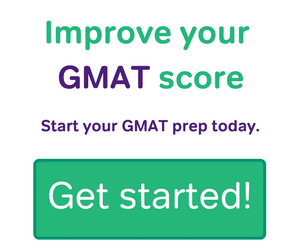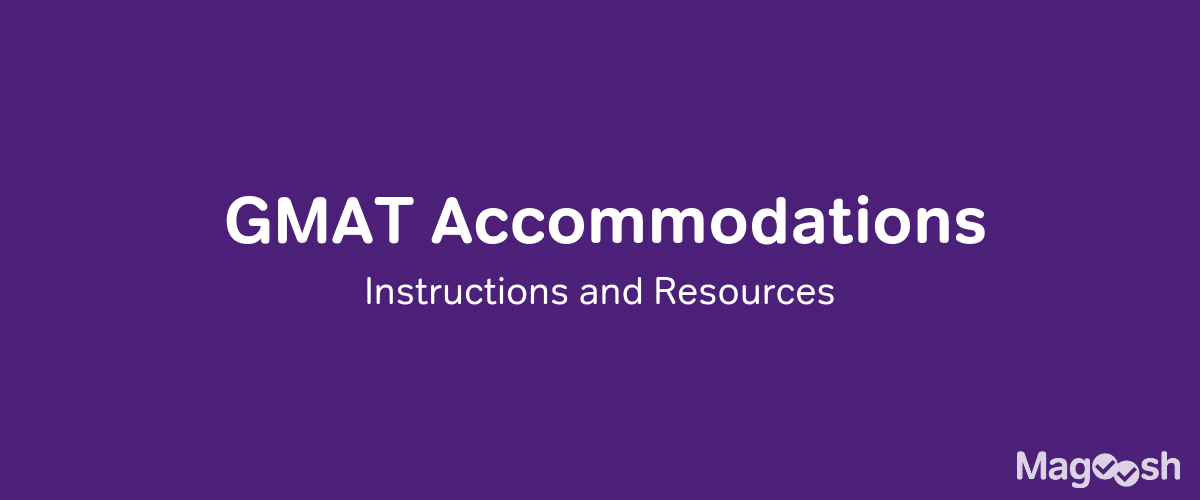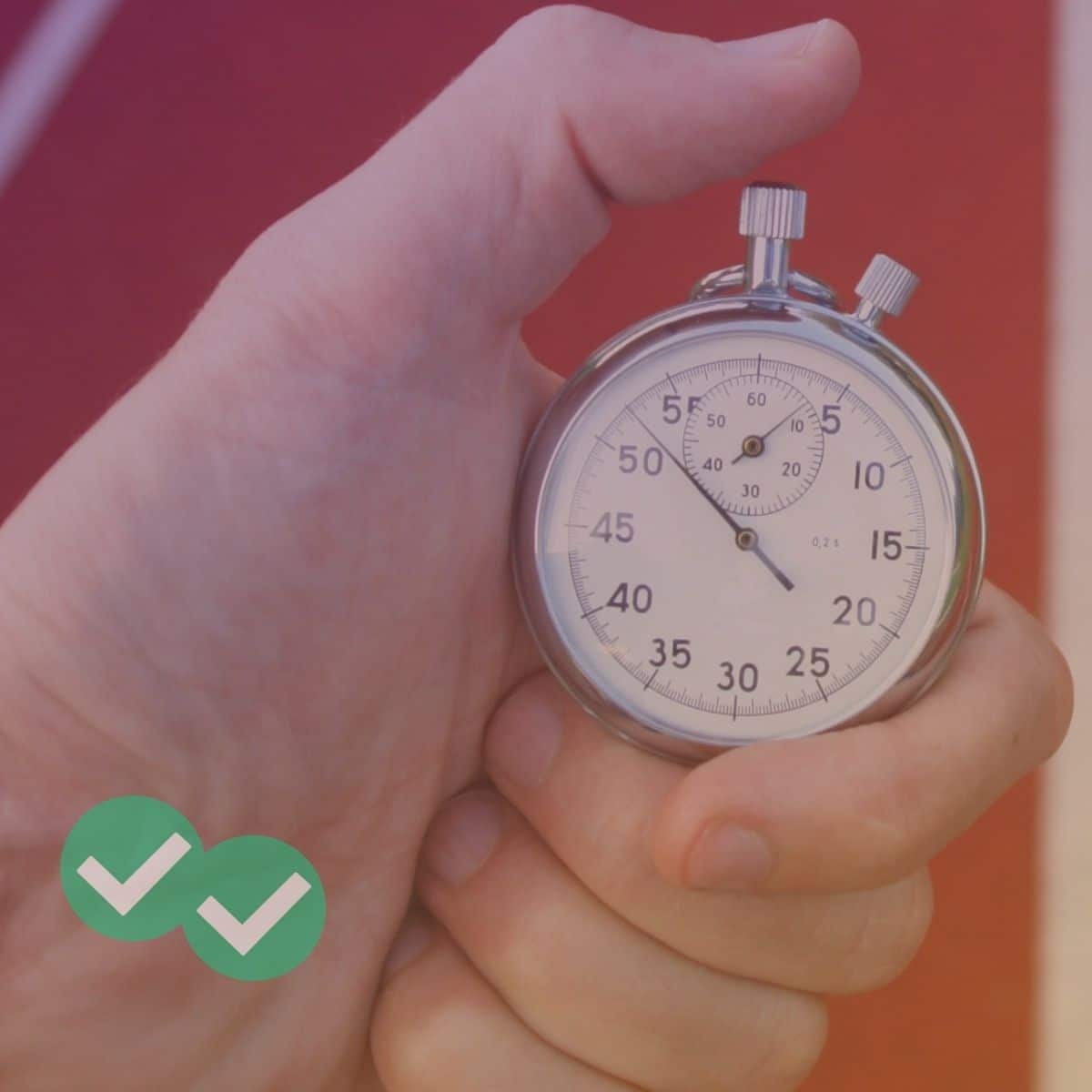
When should I just guess and move on? This has to be one of the most common questions my students pose when preparing for the GMAT. Because the test can’t tell the difference between a guessed correct answer and well worked out correct answer, it’s important to have a good grasp of when to guess on the GMAT.
Two types of guessing
First of all, let’s be very clear when it comes to guessing on the GMAT: there are two very different types of guessing.
1) random guessing —- this occurs when you have absolutely no idea what the answer might be — as far as you are concerned, any of the five choices could be the answer, and you are going to pick one out of five at random.
2) solution behavior —- this occurs when you understand enough about a question to eliminate one or more of the answers, and you are guessing from the remaining choices.
Many test takers might call both of these simply “guessing”, but they are very different, and the guidelines concerning these situations are very different.
Random guessing
Once again, this only occurs when you have 100% zero understanding of the question —- it might as well have been written in Sanskrit. The answer could equally be any of the five given choices as far as you are concerned. Theoretically, this will occur most frequently at the end of a section, as you are running out of time —- trying to fill in answers to 8 questions, say, in 3 minutes, just putting answers so that you don’t leave them blank. If you are in that situation, should you adopt that strategy? I discuss the strategies appropriate for handling the last few questions in a section as time is running out in this post about guessing strategies.
Aside from running out of time at the end of a section, in all likelihood you will not find this scenario happens often. Most likely, you will be able to understand enough about almost all GMAT questions to eliminate at least one choice in each, thereby making it no longer a “random guessing” scenario. If, in your practice, you find that you have to employ random guessing with any frequency, this probably means you are not at all ready to face the real GMAT. With even moderate preparedness, you should be able to eliminate at least one answer to any question, as long as you have the appropriate time to read the question.
Solution behavior
I realize that if you understand so little about a GMAT question that you can only eliminate one answer choice, it may not feel like much of an accomplishment, but even when you can do even just this, the odds shift in your favor. Random guessing, on average, does nothing for you. Solution behavior, on average, moves you forward a little.
If you realize that you can’t solve a problem in a reasonable amount of time —- about 120 seconds on Quant and 100 seconds on Verbal when you are working at full GMAT tempo —- then eliminate as many answers as you can. In Sentence Correction, eliminate whatever grammatical mistakes you see. In Reading Comprehension & Critical Reasoning, eliminate all choices that are unreasonable or obviously flawed. In the Quantitative Section, use estimation and use whatever number properties are relevant. If you eliminate two, that’s great —- three, even better! Once you are down to the remaining, possibly acceptable answer choices, if you have used your “allotted time” on this question already, then guess randomly from the remaining two questions and move one.
In order to work this way, it’s important to have a good intuitive sense of what 120 or 100 seconds feels like. For practice, you could even set a timer for the proper number of seconds before each question, so that you develop your own sense of timing. Of course, you will probably find that many questions you will answer in far less time than that, which is great — that buys you a little more cushion for the hard questions. During practice, try to be strict with yourself —- if most of the time for the question has elapsed, and you have eliminated a few answers but haven’t solved, then guess from the remaining answers and move on. I realize, intuitively this may not feel different from random guessing, but the statistics bear out — random guessing does not advance you at all, but solution behavior, on average, puts you a little bit ahead of where random guessing would have left you.
If you have any experiences with this you would like to relate, or if you have questions about anything I have said, please let us know in the comments section.








Leave a Reply